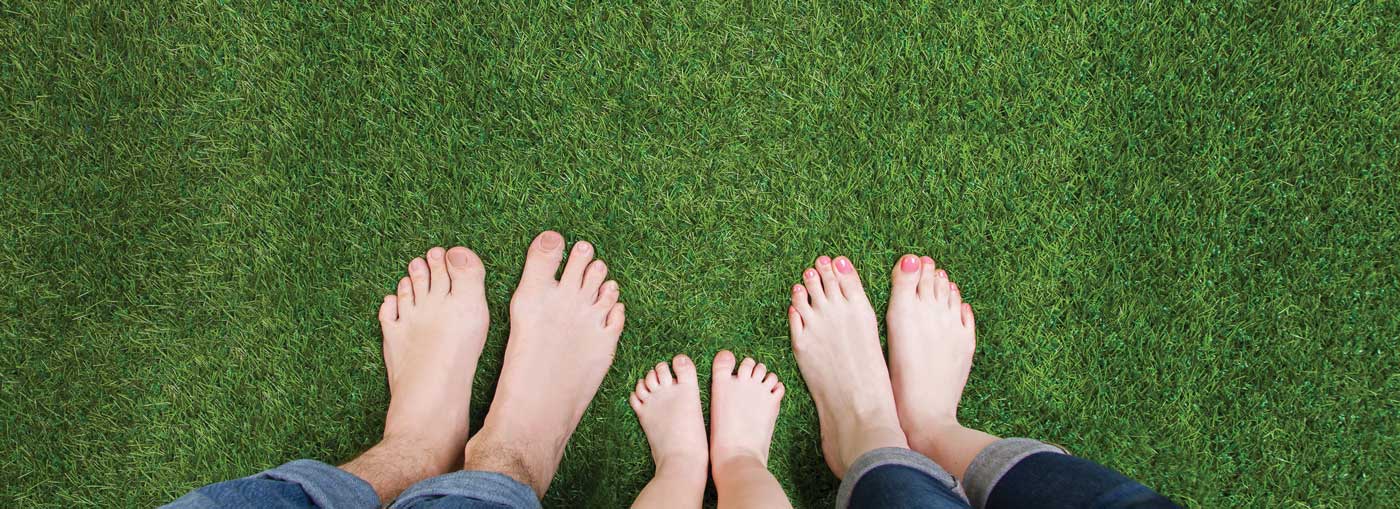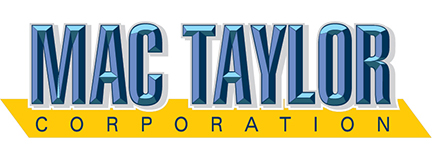
Everyone who uses a toilet connected to a septic system should have a basic understanding of how it works, or at least, a simple knowledge of what you should do or not do. Like the rest of your home, your septic system needs to be treated with care. This will not only save you time and money, but treating your septic system properly will help ensure you don’t experience any messy surprises. To help your septic system perform properly and last for many years to come, use this list of do’s and don’ts as a suggested guideline.
Do’s
From knowing where your system is located to diverting water away from it, these things can save you a lot of headaches and ensure your septic system lasts its entire expected lifetime.
- Do become familiar with where your septic system is located on your property as well as where its electrical panel is, should it have one.
- Do keep an up-to-date diagram of your system. Share this diagram with future owners of the house.
- Do divert surface water away from your leaching bed.
- Do pump out your septic tank every 3-5 years.
- Do repair leaky plumbing fixtures.
- Do conserve water to reduce the amount of wastewater that needs to be treated.
- Do replace outdated toilets with low-flow models.
- Do properly insulate or heat your faucets, plumbing fixtures and lines.
- Do clean the lint filters in your washing machine to help keep lint out of your system.
- Do make sure your tank has an effluent filter and access riser.
- Do keep the tank access lid secure to the riser.
- Do have a septic expert perform regular maintenance on your effluent filter.
- Do keep accurate records of all system maintenance, repairs and pumping.
- Do complete all necessary maintenance as needed.
Don’ts
If you take nothing else from this article, remember this list of things you should never do with, or to, your septic system. Even the smallest thing can result in catastrophic damage.
- Don’t flush hazardous chemicals.
- Don’t flush cigarette butts or sanitary products.
- Don’t use a garbage grinder.
- Don’t plant trees or shrubs too close to your septic system or leaching bed.
- Don’t use special additives in your system unless a septic expert recommends them.
- Don’t use excessive amounts of water. The average person will use 190 litres* in a day.
- Don’t leave interior faucets on to protect water lines during cold spells.
- Don’t flush substances that can cause maintenance problems or increase the need for pumping. (plastics, paint, oils, fats, bones, etc.)
- Don’t dig without knowing the location of your septic system.
- Don’t drive over your septic tank or any of the other buried components.
- Don’t dump RV waste into your tank.
- Don’t connect rain gutters or storm drains to your system.
- Don’t allow water to drain towards or into your system.
Caring for your septic system is a rather straightforward process. Many of the things listed above are quite easy to do and can play a big part in improving your system’s lifespan. If you have any questions regarding your septic system or septic systems in general, reach out to us by phone or email, and we’d be happy to answer your questions.
*Created with information from Ontario Onsite Wastewater Association

